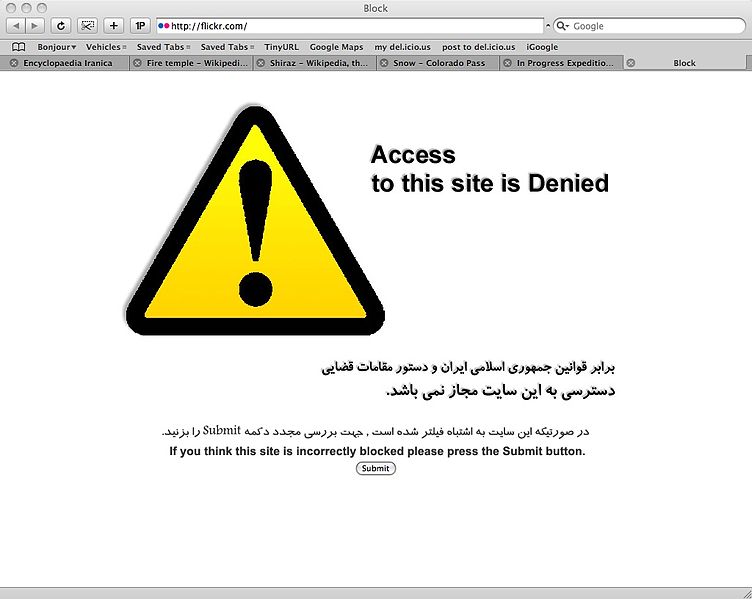
Evidence that Iran, or groups associated with the mullahs in Tehran, are aggressively spreading internet disinformation with anti-American, anti-Israeli, and anti-Saudi propaganda is mounting. One of Tehran's favored techniques is to send a false news report made to look exactly like a mainstream news outlet's work, in order to further the lie. These 'fake news' articles are then used to spread the disinformation throughout the internet.
The New York Times recently reported on the technique via the experience of Saudi dissident Ali al-Ahmed, head of the Gulf Institute, a Saudi opposition think tank in Washington, D.C.
Ahmed received a Twitter message purporting to be from an Egyptian woman living in London who said that she, too, was a Saudi opponent. But Mr. Al-Ahmed, who is based in Washington, was wary of the woman, who identified herself as Mona A. Rahman. “Her picture was too made up, like the picture of a model,” he recalled. Her Arabic was imperfect. And her messages in Arabic included a character that indicated that she was typing on a Farsi-language keyboard, wrote the New York Times.
Then she sent him an article that appeared to be from the website of the Belfer Center for Science and International Affairs at Harvard about an unexpected development in Israeli politics. The article was on a site that had the exact logo, coloring and layout of the Harvard site. But the address was “belfercenter.net” — not the real one, “belfercenter.org.” And the article, claiming the Israeli defense minister had been fired for being a Russian agent, was a total fabrication.
Mr. al-Ahmed has also been the recipient of multiple deceitful internet attacks from his home country of Saudi Arabia, so he is used to the treachery and can spot it easily.
“I’ve been a target of all kinds of things,” al-Ahmed said. “All kinds of people come after me. Only the methods change," wrote the NYT.
With the pressure ramping up from the Trump administration over Iran's continued support for terrorism and belligerent activities in the Middle East, analysts look for the mullahs of Tehran to become even more active in the future to bring global opinion on their side of the conflict.
Subscribe to our evening newsletter to stay informed during these challenging times!!